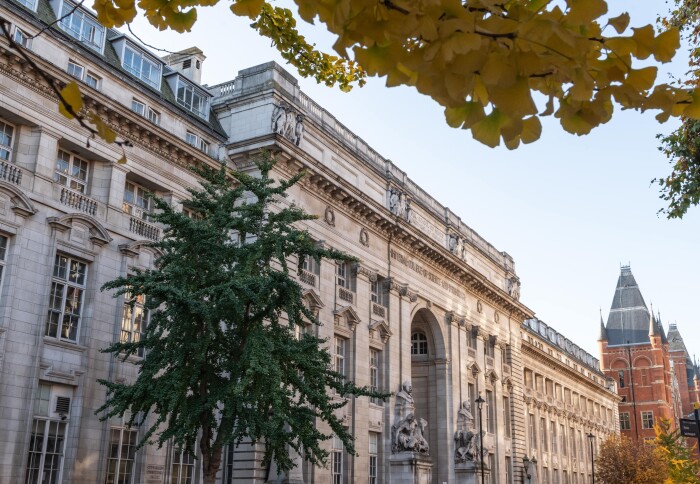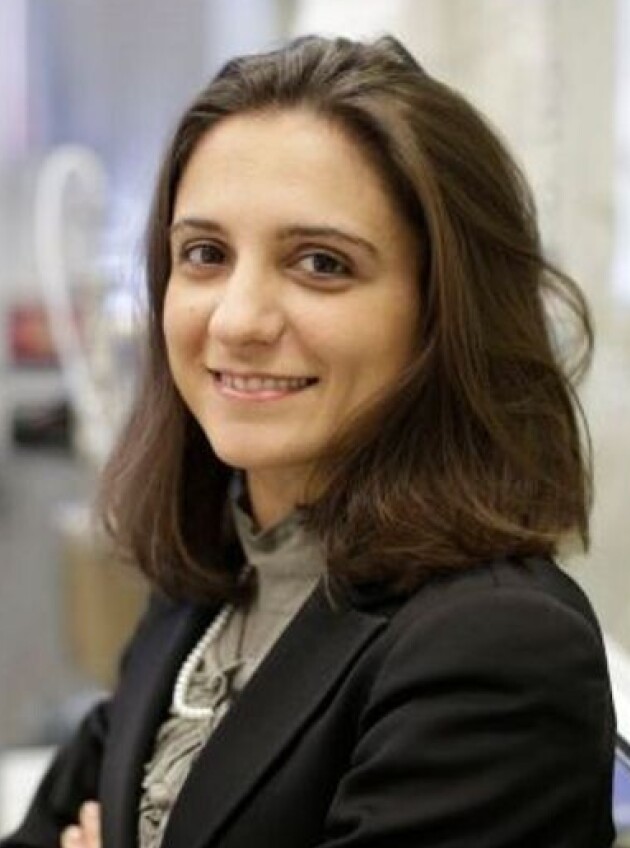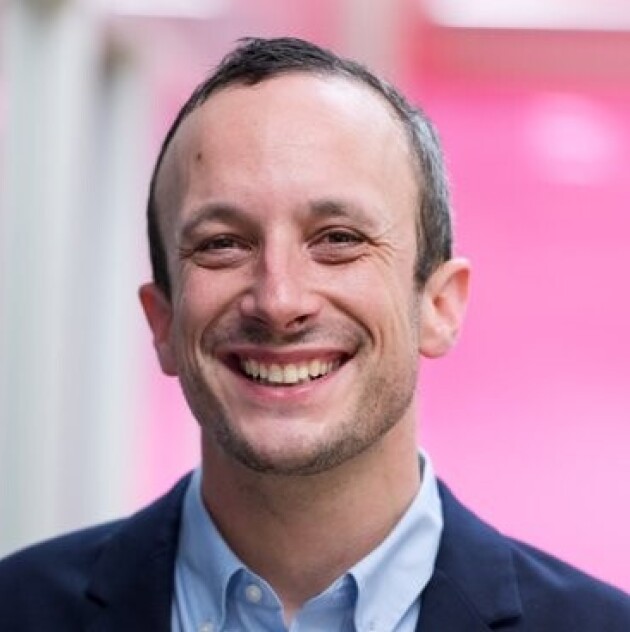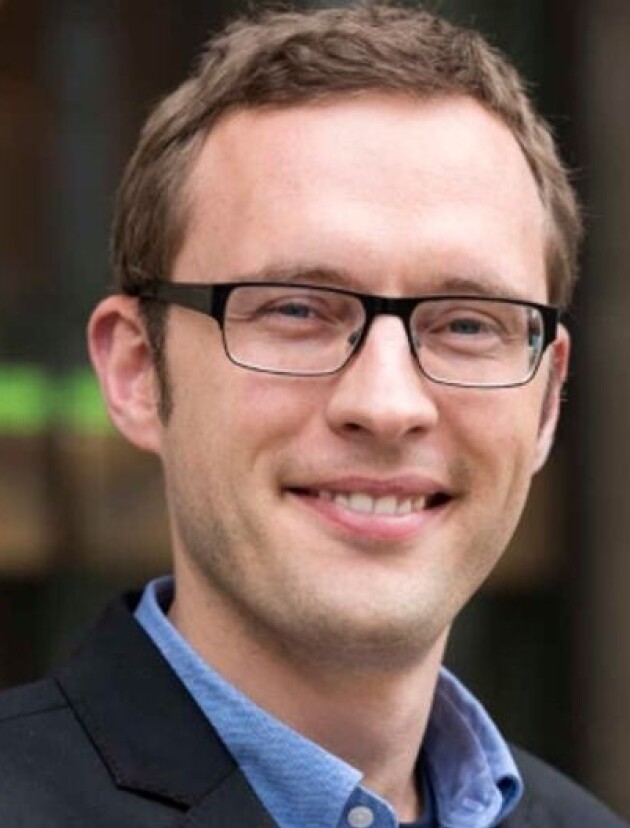Celebrating promotions in the Department of Materials

The Department of Materials has announced its academic promotions for 2023.
Congratulations to Cecilia Mattevi, Ifan Stephens and Johannes Lischner on being promoted to professor.
Professor Cecilia Mattevi

Professor Cecilia Mattevi joined Imperial College London as a Junior Research Fellow in 2010.
Her work focuses on the precise synthesis of innovative 2D materials for energy storage, energy conversion applications and future communication technologies. Her research team have focused on producing 2D materials and arranging them into miniature devices that can overcome the current limitations in electrode design, performance and cost to support the creation of energy conversion systems and energy storage devices.
Professor Mattevi was recently awarded a Proof of Concept grant from Horizon Europe to explore the market potential of 3D-printed batteries for wearable electronics. These offer a more sustainable alternative to traditional batteries; they are potentially safer and possibly cost-effective to produce, and their designs can easily be customised.
Professor Ifan Stephens

Professor Ifan Stephens first joined Imperial College in 1997 as an undergraduate in the Department of Materials; he graduated in 2001. After a 16-year hiatus, which he spent at the University of Cambridge, the Technical University of Denmark and the Massachusetts Institute of Technology (MIT), he rejoined the Department in 2017 as a senior lecturer.
The central focus of his research is the catalyst at the electrode, known as the electrocatalyst. This component plays a pivotal role in determining the efficiency of crucial electrochemical processes. He is particularly interested in electrocatalysts for fuel cells for creating electricity from hydrogen and the electrolytic production of fuels and chemicals such as hydrogen and ammonia. He has also recently branched out into the characterisation of degradation in batteries, leveraging the insight and advanced tools he has previously used for electrocatalysis.
He is the recipient of numerous prizes and research grants, including the Peabody Visiting Associate Professorship from MIT (2015), the Royal School of Mines Colours Award for Lecturer of the Year (2020), a European Research Council Consolidator Grant (2021), the RSC’s John Jeyes Award (2021) and Clarivate’s Highly Cited Researcher Award (2022).
His research into producing hydrogen peroxide resulted in the establishment of a spinout company called HP Now, which now sells electrolysers in over 15 different countries.
Professor Johannes Lischner

Professor Johannes Lischner joined Imperial College London in 2014 as a Royal Society University Research Fellow.
His research explores electronic excitations in materials using computational modelling techniques, and his team has devised innovative techniques for simulating excited states in twisted bilayers of two-dimensional materials, such as twisted bilayer graphene or twisted homo- and hetero-bilayers of transition metal dichalcogenides.
In a recent collaboration with Heriot-Watt University and the National Institute for Materials Science, he discovered a unique feature in the optical properties of twisted 2D materials, which offered a new way of controlling the optical properties and could improve devices used in quantum information technology.
His research interests also extend to the generation of hot carriers in nanoplasmonic materials for the conversion of solar energy into fuels.
Article text (excluding photos or graphics) © Imperial College London.
Photos and graphics subject to third party copyright used with permission or © Imperial College London.
Reporter
Kayleigh Brewer
Department of Materials